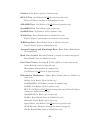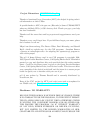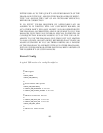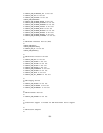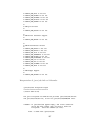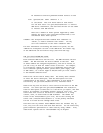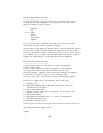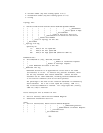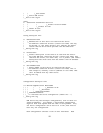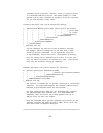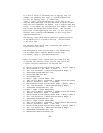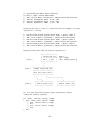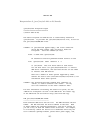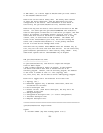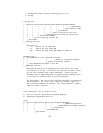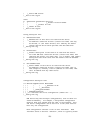| | |__DeviceClass
| |__Device USB version
|__Device info tag #1
where
P: Vendor=xxxx ProdID=xxxx Rev=xx.xx
| | | |__Product revision number
| | |__Product ID code
| |__Vendor ID code
|__Device info tag #2
String descriptor info:
S: Manufacturer=ssss
| |__Manufacturer of this device as read from the device.
| For USB host controller drivers (virtual root hubs) this may
| be omitted, or (for newer drivers) will identify the kernel
| version and the driver which provides this hub emulation.
|__String info tag
S: Product=ssss
| |__Product description of this device as read from the device.
| For older USB host controller drivers (virtual root hubs) this
| indicates the driver; for newer ones, it’s a product (and vendor)
| description that often comes from the kernel’s PCI ID database.
|__String info tag
S: SerialNumber=ssss
| |__Serial Number of this device as read from the device.
| For USB host controller drivers (virtual root hubs) this is
| some unique ID, normally a bus ID (address or slot name) that
| can’t be shared with any other device.
|__String info tag
Configuration descriptor info:
C:* #Ifs=dd Cfg#=dd Atr=xx MPwr=dddmA
| | | | | |__MaxPower in mA
| | | | |__Attributes
| | | |__ConfiguratioNumber
| | |__NumberOfInterfaces
| |__ "*" indicates the active configuration (others are " ")
|__Config info tag
USB devices may have multiple configurations, each of which act
rather differently. For example, a bus-powered configuration
might be much less capable than one that is self-powered. Only
one device configuration can be active at a time; most devices
have only one configuration.
Each configuration consists of one or more interfaces. Each
211



